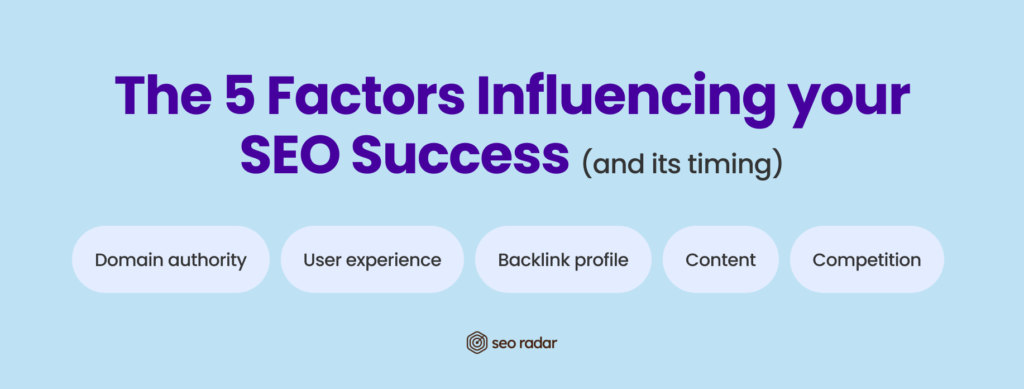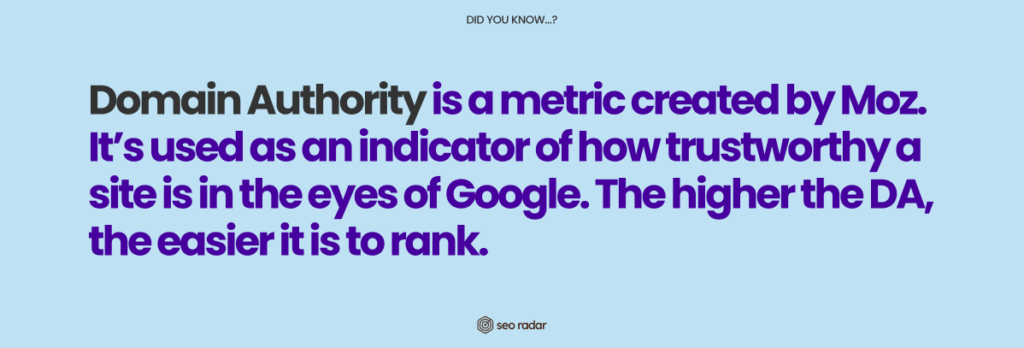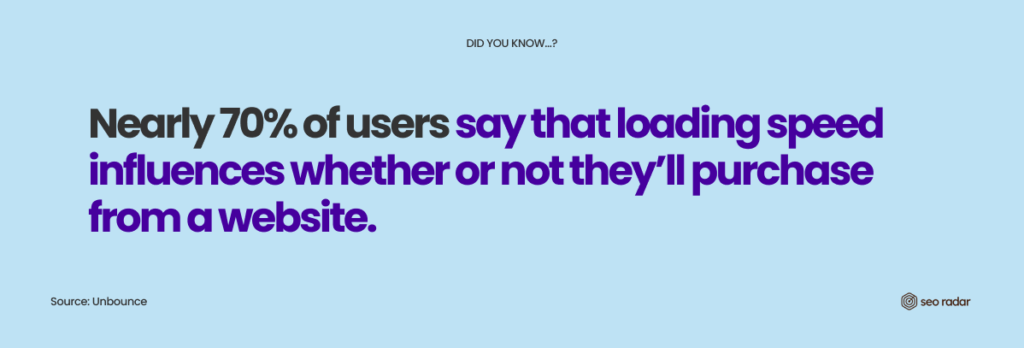In April 2020, only 30% of businesses had an SEO strategy, according to a report by The Manifest. However, after the digital shift of 2020 & 2021, thousands of businesses around the world came online for the first time. And ranking on Google became one of their top marketing priorities.
Marketing teams that are new to Organic Positioning often ask: How long does it take to see SEO results? In this post, we’ll share our insight into this question. But first, we’ll need to cover:
- How long does it take for SEO to work
- What makes “old-school” SEO different from modern-day SEO
- What factors determine SEO success
Without further ado, let’s begin.
How Long Does It Take for SEO to Work?
First of all, not all websites have the same starting point, even if they’re from the same industry. Therefore, the famous question “how long does it take for SEO to work?” doesn’t have a universal answer. It will usually be determined on the website’s current performance and the strategy you want to implement. Still, SEO experts can only give you a ballpark number. Generally, you’ll start seeing results within 6 to 12 months.
SEO is a long game. Of course, you can optimize your website to meet certain strategic goals in the short term. But the most successful sites are ones that have been constantly investing in SEO for years.
The Secret to SEO That Works: Do More than Just Keyword Optimization
In the early days of SEO, keywords were the end-all-be-all of a successful strategy. By using the right keywords in the right places and keeping a high keyword density, almost any site was able to compete on the SERPs.
However, in the last few years, search engine algorithms raised the bar significantly. As a consequence, users can get trustworthy, relevant, and comprehensive results for most of their queries.
There are no longer “golden keywords” that will boost a campaign. Today, SEO that works doesn’t just focus on keywords.
For example, Google prioritizes results that denote expertise, authoritativeness, and trustworthiness (E.A.T.). There are many ways to signal these three traits to Google, such as:
- Providing a considerable volume of original content
- Accompanying your text with relevant media
- Having a substantial volume of backlinks
Keywords are still relevant. They help Google (and users) to figure out what your content is all about. But focusing solely on keyword density won’t cut it. This is especially true in highly competitive niches.
In the next few years, we’ll also see new user demands related to voice search. This will be the consequence of the mass adoption of voice technology. Today, voice searches are on the rise, driven by Google Assistant, Apple’s Siri, and Amazon’s Alexa. According to statistics compiled by TechJury:
40% of adults use voice search on a daily basis
58% of consumers use it to search for local business information
The 5 Factors Influencing your SEO Success
As we discussed in the previous sections, SEO is not just about keywords anymore. In this section, we’ll take a look at 6 of the most significant factors affecting your SEO strategy. How long it will take for your SEO strategy to work will depend on:
- Domain authority
- User experience
- Backlink profile
- Content
Let’s dive in.
Domain Authority
Domain Authority is a metric created by Moz, one of the most popular SEO companies. Domain Authority (DA) is a way to assign your website a reliability score, ranging from 1 to 100. Basically, DA encompasses all the aspects of a website that Google evaluates when deciding where to position it on the SERPs.
While Google has often discredited DA as a relevant metric, it’s a useful way to summarize how prepared a website is to compete in the SERPs.
Considering this score, you can predict how well a website will rank in search engine results, and your SEO strategy will determine how fast that will happen. The higher your DA, the better your chances.
This is especially relevant if you create your SEO strategy from scratch. If the domain is new, it will probably have a low DA, and it will likely take longer for results to show.
User Experience
Keywords are how people find you but good UX is what makes them stay. Creating tons of quality content can only take you so far if your website is slow or difficult to navigate.
Responsiveness is key. But so are accessibility and site speed. Not only can these factors affect your site’s dwell time, but they can also hurt your conversion rates. UX can encourage or dissuade your users from interacting with your brand.
For example, 70% of users say that a site’s loading speed determines whether or not they will make a purchase.
As we discussed previously, there are countless factors that determine how well you’ll rank on Google. Speed is one of them.
Backlinks
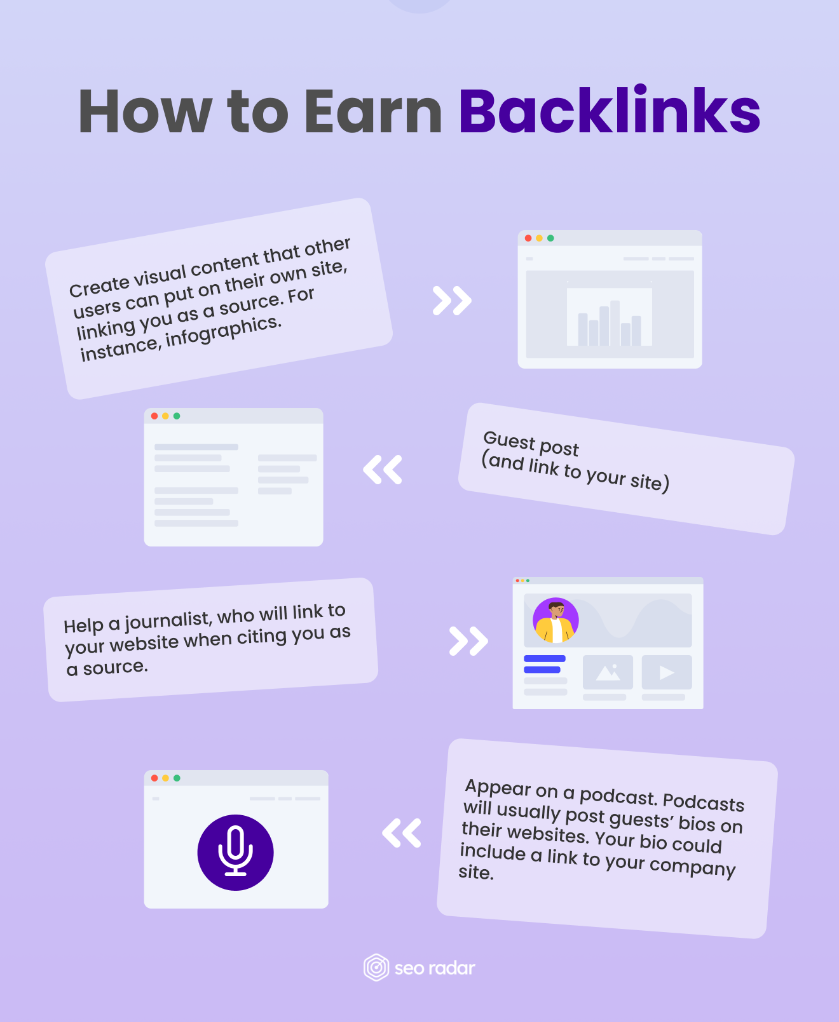
Link building is an SEO technique that focuses on improving your website’s search engine ranking by building high-quality inbound links.
For many years, link building has been one of the pillars of a successful SEO strategy, and it remains so to this day. In fact, in 2016, Google revealed that backlinks are one of the top three ranking factors.
Your link-building strategy must be well planned and executed in order to have a positive impact. Build links with authoritative sites, and resist the temptation to buy links in bulk. Think of backlinks as recommendations. The websites linking to you tell Google that you’re worthy of appearing on the first page. What type of website does Google trust?
Link-building can be time-consuming and require a consistent investment of time and budget. And, for a new website, it can be hard to get a significant volume of backlinks in a short period. If you don’t have a well-established reputation in your niche and your budget is limited, it will be harder for you to get backlinks. And therefore, your SEO progress will be slower.
Content Is King
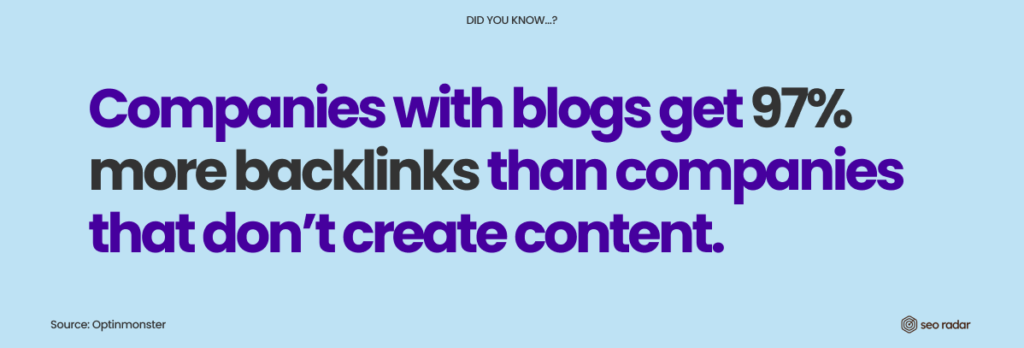
Content is another of Google’s top 3 search ranking factors. It will be very unlikely for users to find you on Google’s first page if you’re not creating valuable content consistently.
But, in order to work, your content must be meaningful and original. This means that it must not only include relevant keywords but also address your audience’s needs and inquiries.
Thus, your content must:
- Offer unique value
- Include answers to relevant questions
- Explore its subject matter in an informative and useful way
If your content is of low quality, SEO results will take longer to appear. High-quality content that’s in tune with users’ needs and interests can help you rank quickly.
Want to take your blogging efforts to the next level this year? Check out our answers to the 6 most common blogging questions.
Understand your Competitors
Have you considered how many competitors are in your industry? Websites in niche markets with low competition (and low difficulty keywords) will get SEO results faster than those with high competition.
There are keywords that are so frequently used that ranking for them is extremely difficult. For example, “value proposition” in the marketing field.
So, low competition keywords will produce results quicker. Usually, within 3 to 6 months. But, with competitive keywords, it will take longer. Sometimes, it can even take years before a website shows on page 1 for a high-difficulty keyword.
Therefore, you must pay close attention to your competitors if you want to achieve positive results in a short time. Especially:
- How did they get to their current position and what are they doing to maintain it?
- What is their content strategy?
In high-competition niches, it may be far more fruitful to compete for rare long-tail keywords, than to compete for highly popular ones. You might see a much higher return on investment when you target these keywords than if you compete against the best keywords of industry giants. Even if their monthly search volume is rather low.
Why Does SEO Take So Long?
Succeeding at SEO in 2022 requires a combination of backlinks, quality content, engaging UX, and proper strategy.
SEO is constantly evolving, and teams must keep up with algorithm updates, new metatags, and other changes. Search engines’ goal is to provide users with the right answers to their questions. Thus, it is becoming more difficult to “hijack” their ranking system.
The best way to appear like a trustworthy and authoritative expert is to be one. And building that reputation takes time. So, as the years go by, it’s natural that SEO is becoming a slower and more complex process.
Protect your SEO Wins
In today’s post, we answered some of the most common questions marketing teams have when looking for SEO services for the first time. SEO is a multidisciplinary effort. It involves everything from copywriting to UX design. Every member of your team can impact your SEO strategy, including your developers.
SEORadar keeps an eye on your website’s code, so you don’t have to. If any member of your team makes a change to your website’s code that impacts your SERP positioning, SEORadar will let you know. Even on staging sites. You can also use SEORadar to monitor your competitors’ websites and take advantage of any changes in their technical SEO.
Discover SEORadar today. Book a demo or start a free trial.


